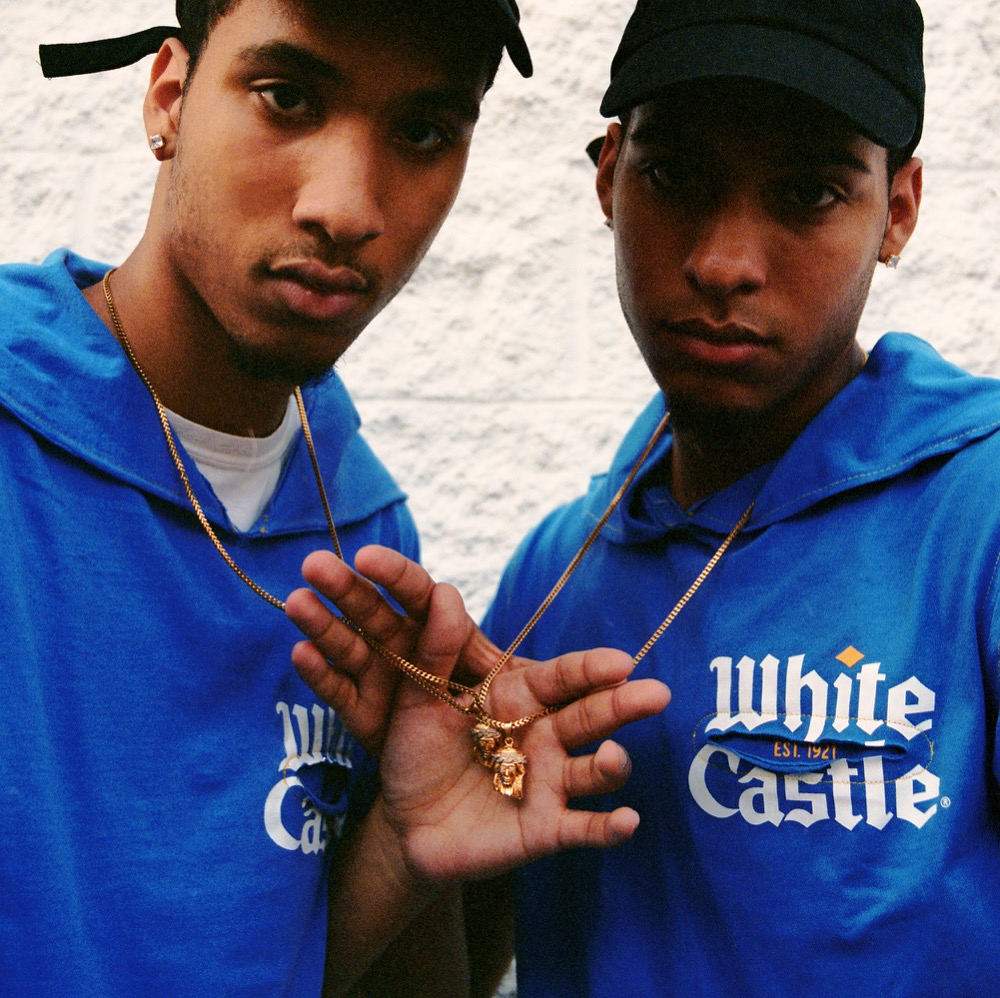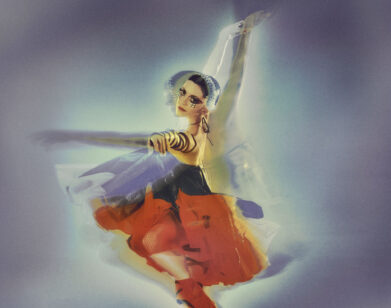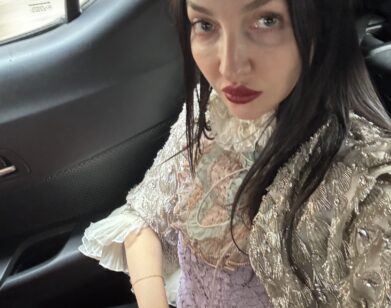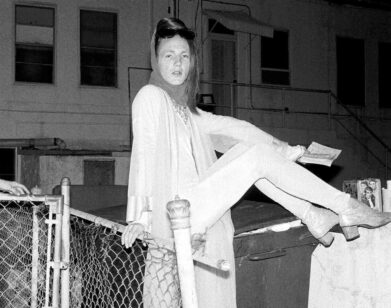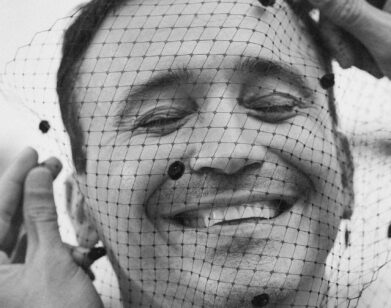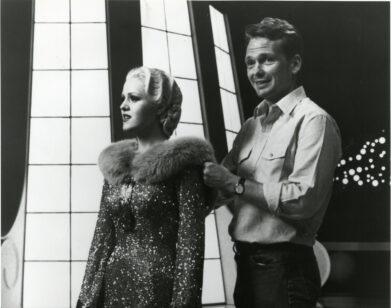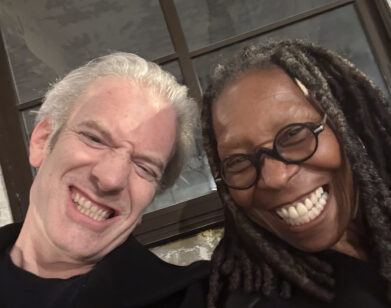Telfar’s enduring love of White Castle
One bite of a trademark, juicy White Castle slider in 1991, and the life of designer Telfar Clemens was forever changed. The White Castle in LeFrak City, Queens, was Clemens’ local haunt—where he passed countless hours in his youth before carving out his immutable, genderless approach to dressing, a return to brandless style and a generic “normality.” It’s undisputed that through his democratic, tongue-in-cheek garms, Telfar has leveled-out fashion’s playing field.
White Castle is a place he’s held dear ever since, throwing booty-popping 3am fashion week parties at the Times Square location, which lit up the WWW. In the wake of those one-off events, Telfar has now leveraged his relationship with the brand in a way that’s bigger than you’d ever imagine: every single employee of White Castle will be decked out in custom Telfar. Yes, Telfar, the black-owned, avant-garde line, is redesigning the employee garb for all 400 of White Castle’s locations, set to hit this September, in a collaboration that’s unprecedented for corporate America.
To drive home how close to home the partnership really is, the campaign for Telfar’s new uniforms involves real employees pictured at their homes and various White Castle locations. Many of the images, shot by Jayson Keeling, were taken at the White Castle in LeFrak City, Queens, where Telfar has eaten his whole life. A stone’s throw from where Telfar was born and still lives, it’s a full circle experience from the mall-strolling days of his youth, to filling the Midtown location with afterhours club kids from every walk of life.
TELFAR CLEMENS: White Castle is the only fast food restaurant that’s open on Queens Boulevard at four in the morning, whenever I’m coming back from hanging out or working or whatever. It was the neighborhood I was born and raised in, called LeFrak City, in Queens. I always go there late at night, and I’ve been going since I was a child. That’s the Saturday thing that people in the area used to do! That was my introduction to fast food. I remember eating these really small burgers. It was small compared to like everything else that I was seeing in America that was just massive, you know?
It was around 1991 that I remember first going to White Castle, and this was when I was coming back from the First Liberian Civil War, so it was like a part of my childhood was there. It was the first fast food place that I went to. It was right next to the LeFrak City mall, so it was like going to the mall and then going to White Castle, and then going home.
I used to get a slider with cheese, because it’s the one that is 96 cents or something like that. It was that and french fries that didn’t have cheese on them, and now I get french fries that have cheese on them, and a double slider. That’s what I eat.
[White Castle] is independent—it’s like the first independent hamburger chain in the U.S., so it’s kind of cool. It’s family-owned; it’s not like McDonald’s. It was before McDonald’s—we would go to White Castle, and they have these little burgers. That was how I know it, but when I started to actually work with them, it became a full circle thing. It’s a really special relationship that we have. It’s more than just sponsorship, I actually really know the VP. He comes to our shows and he’s been supporting the brand for over two or three seasons. It was really cool to actually be designing their uniforms now.
People at home can get uniforms as well. I’m obsessed with … you know how when Hooter’s existed, people went to Hooter’s just to get a t-shirt of Hooter’s so that they could wear it? It almost became like a cult. That’s the feeling I want to have with the White Castle collaboration. We’re putting specific zip codes on the clothes, so you have to go to this specific one to be able to get this one shirt, so it’s like limited edition pieces. A lot of the proceeds too, we’re going to donate back to charity.
All the restaurants that are there are surrounded by projects usually, all in low income housing areas, White Castle is the one restaurant that’s actually stayed in the neighborhood. All of the McDonald’s and other fast food restaurants have moved out.
[Before, White Castle] was just this place that you go to. Now you are actually impacting their daily wardrobe. It’s special. It’s something I want to continue to do in my work, that’s what makes it important, is that you change your daily vision of what you do regularly.
It’s actually what my goal is. For me, fashion is everything. It’s not high or low fashion, it’s just what people are wearing and how they dress, people just pay a different amount for whatever it is. I want you to actually have on or aspire to have on the same thing that the person that’s serving your food is wearing, or you know vice versa. It’s like you’re all wearing the same brand at the end of the day, but it’s just coming from a different place that actually fits you. It’s something that I really want to do, I want things to be available, because the coolest people don’t always necessarily have the most money.
It’s a direct correlation of, “They’re really cool, they should have that,” and there should be a version of that that I’m giving to the world.
That’s what I’m inspired by, I get inspired by what [everyday people are] wearing, and that’s inspiring a whole other way of me reinterpreting what they’re wearing. My whole thing is to completely level things out. It could be from two different places that comes from a brand called Telfar, and it could be from two completely different people. That’s what I want.

